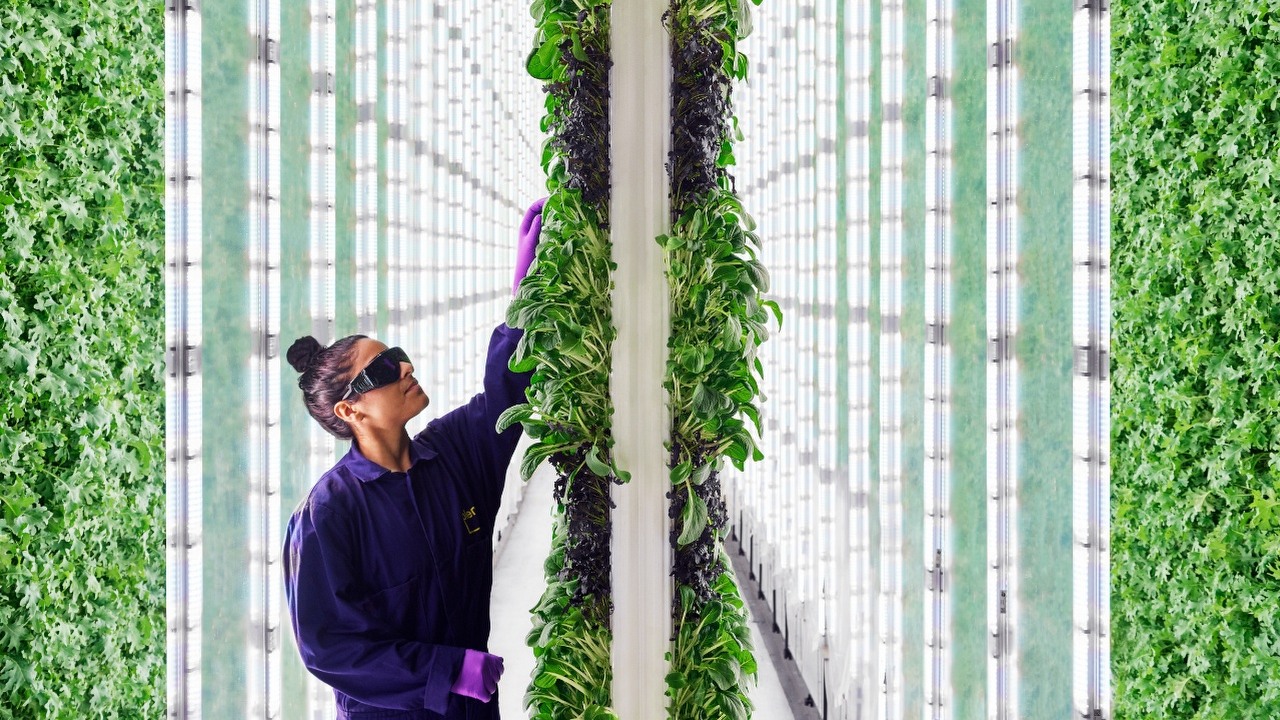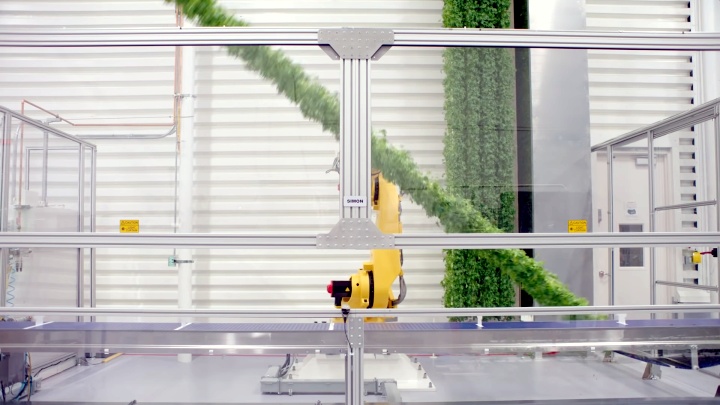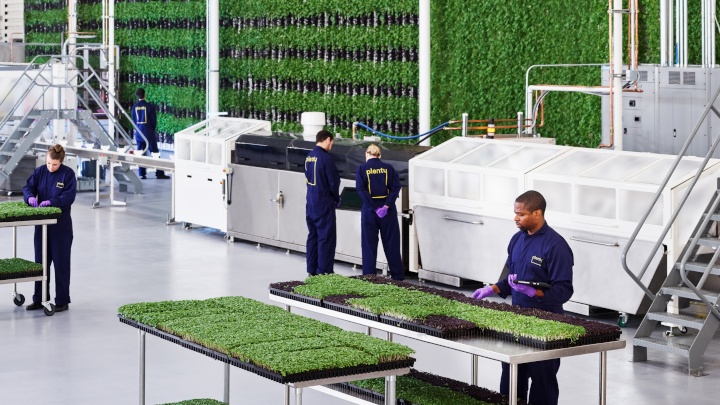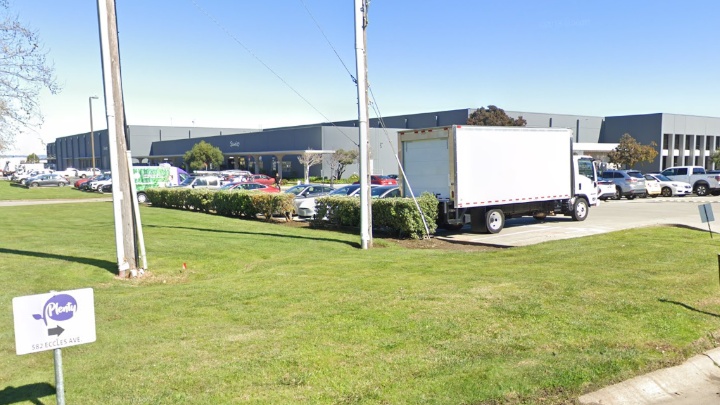Farm Managed by Robots and AI Brings Impressive Harvest
There are already nearly 8 billion people in the world. How long will our planet be able to feed a population growing at this rate? A „vertical” farm established in San Francisco shows how to increase crop yields.

- Farming startup Plenty is a modern farm where plants grow in vertically placed rows, operated by robots managed by AI;
- Plenty's farm needs less than 1% of the area used by a standard farm to achieve similar yields.
Traditional farms require a lot of space and manpower to operate them. Startup Plenty from San Francisco proves that by turning your point of view by 90 degrees you can find the way to significantly increase agricultural productivity. Its goal is to produce up to 400 times more yields (source) than standard farms. The startup uses an innovative idea of a vertically oriented farm where the seedlings are placed in "beds" hanging from the ceiling.

This way of growing plants is the idea of Nate Storey, the scientific director and co-founder of Plenty. The startup has managed to raise $26 million so far. The farm, located in southern San Francisco, allows for one million plants to grow in vertical 'troughs', illuminated by special LED lighting, providing energy for photosynthesis. Everything takes place under artificially controlled climate conditions. Apart from people, the plants are looked after by robot arms controlled by artificial intelligence. This ensures that up to 200 plants are taken care of per minute. 10 days pass from sowing to harvesting and harvest takes place daily throughout the year.

The farm uses only 1% of the area of a traditional farm to achieve similar yields. It does not use pesticides and the plants are not genetically modified. Water is also saved. Thanks to closed cycle, water consumption is only 5% of the amount needed by standard crops. The energy used on Plenty farm comes from renewable sources. Of course the packaging in which the food is packed are 100% recyclable.

Plenty is preparing to build another farm in Compton, so as you can see the idea has landed on fertile soil and the company is growing. The idea gives us another chance to solve the problem of feeding the overpopulated Earth. Of course, it's not an infinite source of food, but it can "buy" humanity a lot of time. It is only a pity that these new farms look like ugly grey warehouses from the outside.
0

Author: Arkadiusz Strzala
His adventure in writing began with his own blog and contributing to one of the early forums (in the olden days of Wireless Application Protocol). An electrical engineer by profession, he has a passion for technology, constructing and, of course, playing computer games. He has been a newsman and writer for Gamepressure since April 2020. He specializes in energy and space tech. However, he does not shy away from more relaxed matters every now and then. He loves watching science-fiction movies and car channels on YouTube. He mainly plays on the PC, although he has modest console experience too. He prefers real-time strategies, FPS and all sorts of simulators.
Latest News
- „A lot has become lost in translation.” Swen Vincke suggests that the scandal surrounding Divinity is a big misunderstanding
- Stuck in development limbo for years, ARK 2 is now planned for 2028
- Few people know about it, but it's an RPG mixing Dark Souls and NieR that has received excellent reviews on Steam, and its first DLC will be released soon
- AI „won't make The Witcher 5,” but CD Projekt Red doesn't despise it. Artificial intelligence isn't responsible for massive layoffs in the game industry
- This is expected to be the biggest year in the company's history. Blizzard prepares an offensive that will overshadow previous years

